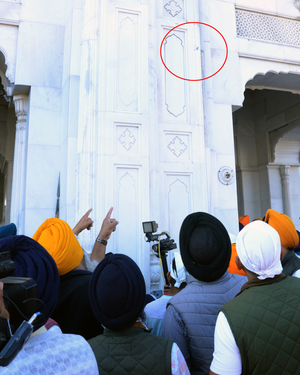Delhi HC upholds blacklisting of Haj Group Organiser for fraudulent activities

The Delhi High Court recently upheld a decision by the Central government to blacklist Al Islam Tour Corporation for 10 years, starting from Haj 2021, due to fraudulent activities.
A single-judge bench of Justice Subramonium Prasad dismissed a plea filed by the tour operator, who was accused of swindling Rs 13 lakh from a pilgrim in 2013.
The court stressed the sanctity of the Haj pilgrimage, noting that for many, it is a once-in-a-lifetime event, often funded by life savings. It also remarked on the necessity of having trustworthy organisers, stating that Hajis should only be handled by individuals free of allegations like swindling or deceit.
After perusing a Supreme Court judgement and the Haj Policy, the court noted that the objective of the policy is to ensure that any person who is found to be deceiving the Hajis is not permitted to operate as a Haj Group Organiser (HGO).
“A perusal of the Haj Policy indicates that the government has the right to debar those HGOs against whom complaints have been received and who are involved with the pilgrims. The policy does not state that the complaints ought to be restricted only to those years for which the quota has been allotted to the HGOs,” the court noted.
The judge also noted that the Hajis being very pious pilgrims should be handled only by such persons who do not have allegations of swindling or deceiving people against them.
“The fact that a criminal complaint has been closed against the petitioner also does not mean that the Union of India should also close the complaint,” the court noted.
Justice Prasad pointed out that Al Islam Tour Corporation was not registered as an HGO for Haj 2018, and thus should not have been involved in Haj-related activities without proper registration.
The judge added: “Looking at the objective of the Haj pilgrimage and the purpose behind the Haj Policy, the complaint against the petitioner and the conduct of the petitioner, this court is of the opinion that the punishment imposed on the petitioner by the respondent does not require modification.”





